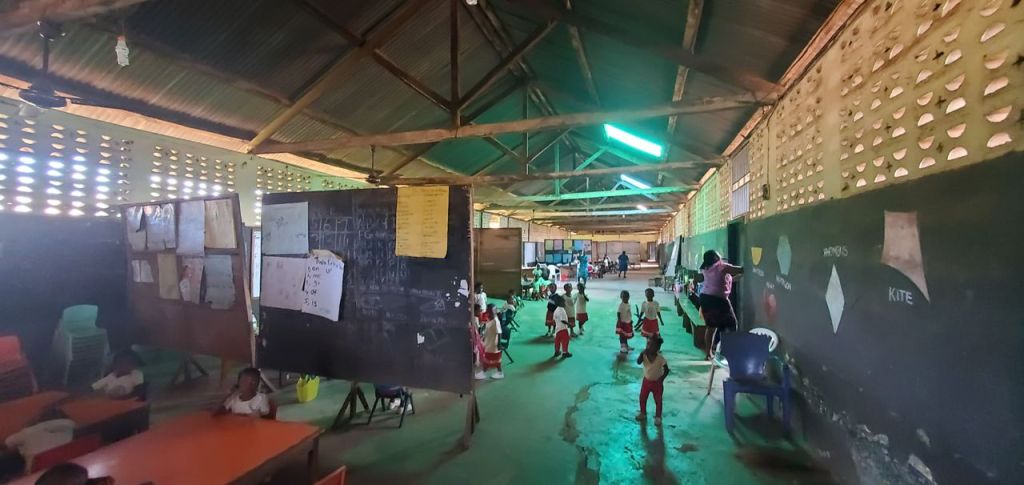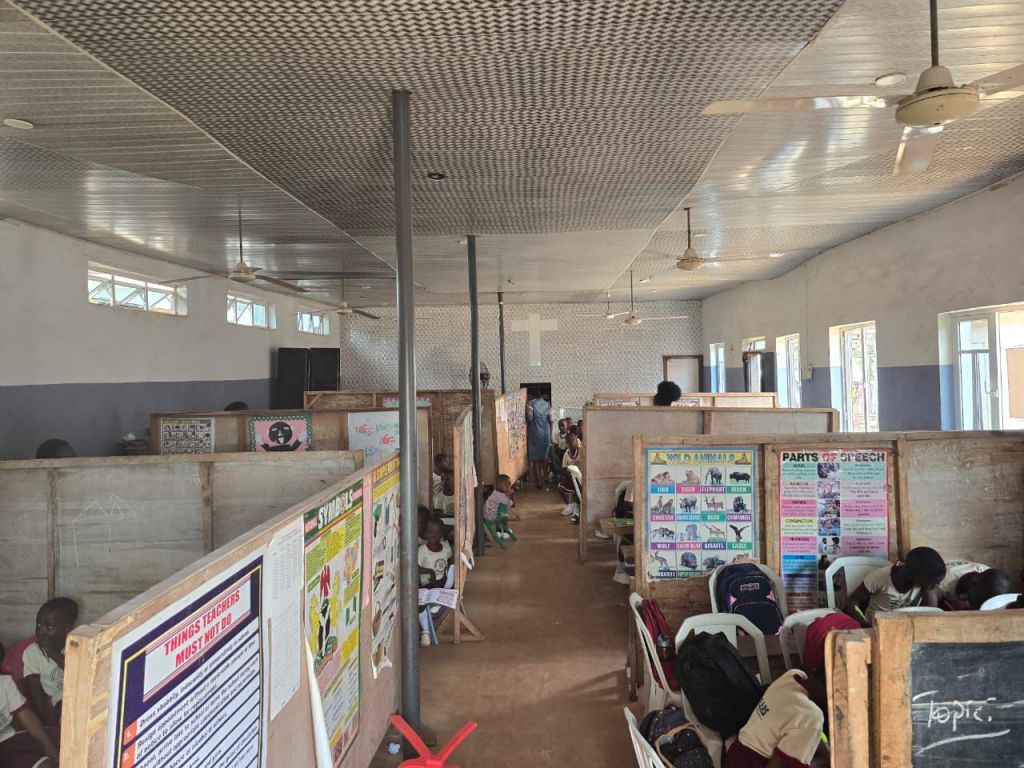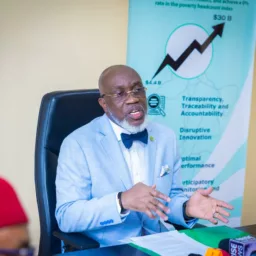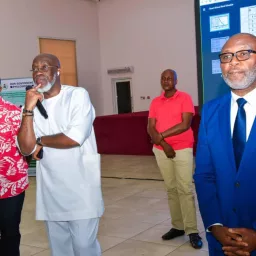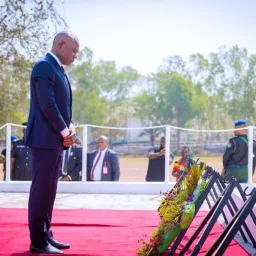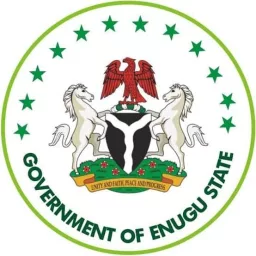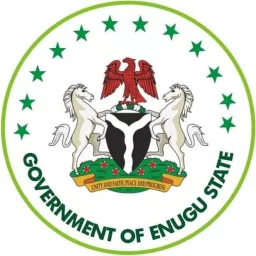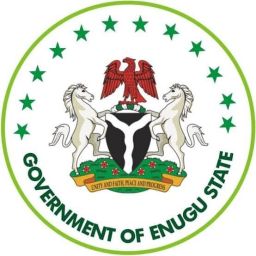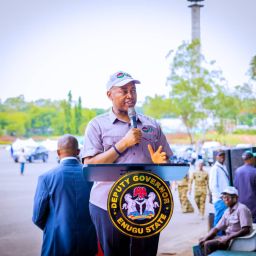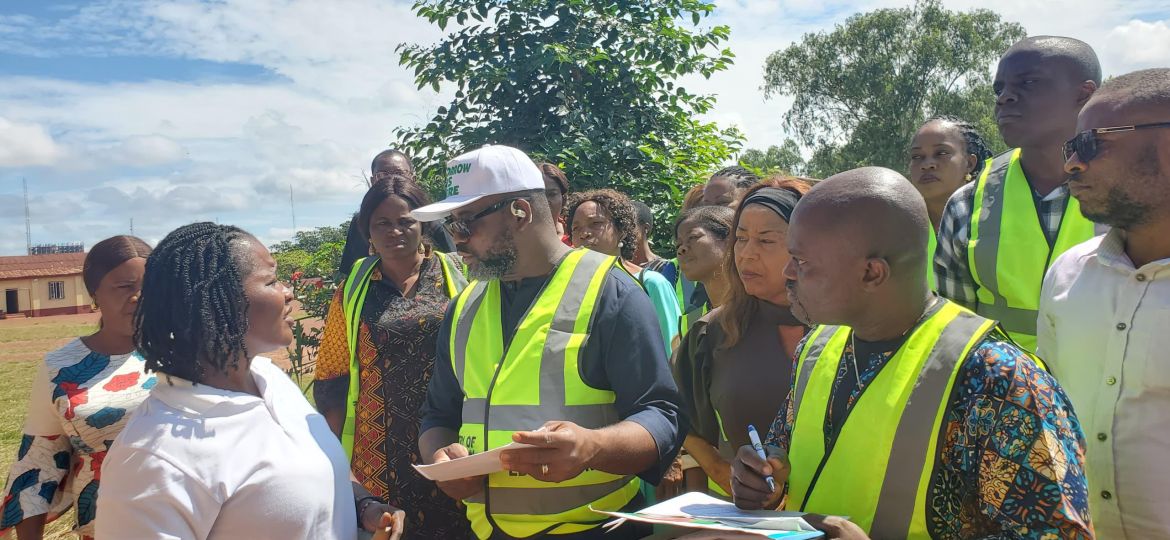
…as parents, stakeholders commend Gov Mbah over critical reforms in education
Following deliberate efforts aimed at strengthening and improving the quality of education in the state, the Enugu State Government has commenced the enforcement of educational policies which has led to the closure of some illegally run and low quality schools, stressing that the move will rid the state of poor-quality education and skill deficiency.
This was even as parents as well as stakeholders in the public and private academic system commended the state governor, Dr. Peter Mbah, over what they described as “critical reforms” in education that will reposition the state’s standard of learning and equip the young ones with the requisite skills to compete globally.
The Commissioner for Education, Prof. Ndubueze Mbah, disclosed, Friday in Enugu, during the enforcement exercise, that the state government would not compromise its determination to raise the bar of education in the state, which include competent and qualified teachers, adherence to the education curriculum, conducive learning environment and other safety measures for students.
He described as worrisome and unacceptable the proliferation of illegal schools across the state where unscrupulous proprietors rip off parents of resources without providing commensurate quality education for their children, adding that some schools parade unqualified teachers while cramping children in dilapidated structures which put their lives in danger.
The exercise followed an earlier directive by the ministry requiring all operators of educational institutions across the basic and secondary school levels to comply with the state regulations, which mandate registration and approval by the ministry before commencing operation.
“You will recall that we held extensive stakeholders’ engagements with practitioners, both public and private in the education sector. We sensitized our people about the state government’s educational policies and how education must align with the most advanced global practices if our children can have a chance to acquire 21st Century skills and modern workforce knowledge, to be able to compete with their global peers.
“Pursuant to the law which allows us to maintain minimum standards of education for both private and public schools, and also empowers our ministry to streamline and enhance effective administration, monitoring and supervision of private schools, we gave the grace of four months for all schools yet to register or obtain provisional licenses to do so. The four-month window period for schools to align with these directives has elapsed prompting our ministry to begin the enforcement on non-compliant schools. We are doing this to checkmate abuses and restore the dignity of education in our state,” the commissioner said.
According to him, the team has discovered several schools that had been operating under life-threatening conditions, subjecting children to unsafe and unhealthy learning environments, insisting that some of the structures housing the school children could collapse at any time.
He lamented that some of the schools visited were operating under open-roof, fallen rafters and severely cracked walls housing hundreds of pupils under abysmal learning environment, saying they were in complete disregard of the rules guiding the establishment and management of educational institutions.
Some of the illegal schools that were shut down included Evangel School where students were crammed inside a little church with barricades, and concealed in toilets when the management saw the ministry’s enforcement team; Ivory Education Centre, located along Owerri Road, Asata, which was conducting classes in makeshift garages and amid a structure under construction; Eastview Nursery and Primary School at Railway Quarters, Njemanze, which is a dilapidated barn; St. Michael Nursery and Primary School, Asata; St. Bartholomew Nursery, Primary, and Secondary School, Asata; and Olive Grove Nursery and Primary Academy, Njemanze.
Speaking on the closures, Prof. Mbah reiterated government’s bullish stance against substandard education, warning that operators of illegal and substandard institutions risked imprisonment under the state laws. “The safety and quality of education our children receive must be prioritized. We will not allow any school to operate below the required minimum standards. This is about the future of our state, and we owe it to our children to give them the best foundation,” he added.
The commissioner, who also reassured law-abiding schools that their compliance with the law and policy of the state will continue to be reciprocated with the right support by the government, urged the public to report any unregistered or substandard schools within their communities to help maintain the integrity of education across the state.
Meanwhile, some of the parents who spoke to newsmen lauded the government’s effort to sanitize the education sector, saying they were regaining confidence in the state’s educational system.
Arch Ezea Ugwu, who runs an architectural firm at Ogui Road, said they would not hesitate to support future steps taken by the government to reposition the state education and make it the best in the country.
Speaking, Mrs Onyinye Onuigbo, whose two children were formerly in one of the schools that were closed for non-compliance, said she withdrew them in May this year after discovering that the school was only charging excessively without quality education.
She accused some of the schools planning to stage protest as a “form of corruption fighting back” because their dubious means of livelihood had been cracked.
“We will continue to support any policy like this. I heard that some dishonest proprietors who have been engaging in these criminal enterprises are calling on parents to stage protests. They should be explaining themselves in prison in a sane society. Our people must resist and shame them,” Mrs Onuigbo said.
